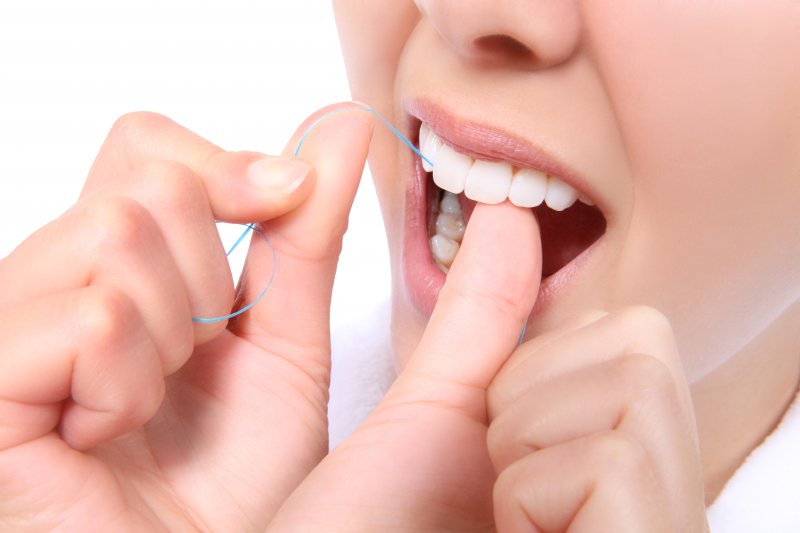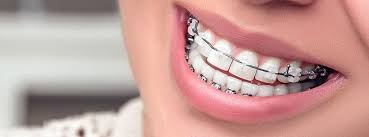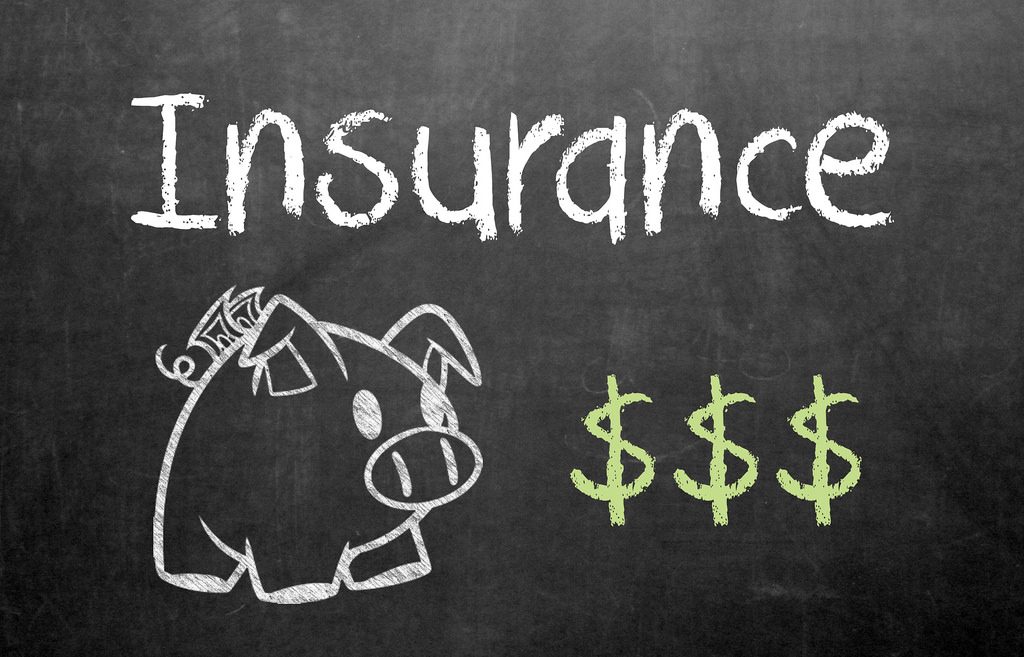
Last week I discussed some of the content that was presented in a recent U.S. News & World Report which featured seven pages of information on dentistry. This is a continuation of that.
One of the columns in this section of the report entitled, “Guarding Kids’ First Choppers”, mentions that childhood tooth decay is “the most prevalent chronic disease in children”. This is true. According to the report, 28 percent of preschoolers have dental decay. There are many factors that contribute to dental decay, including poor dietary habits and insufficient oral hygiene. This increase is not only in preschoolers but right through high school.
However, the column… (Read More)









